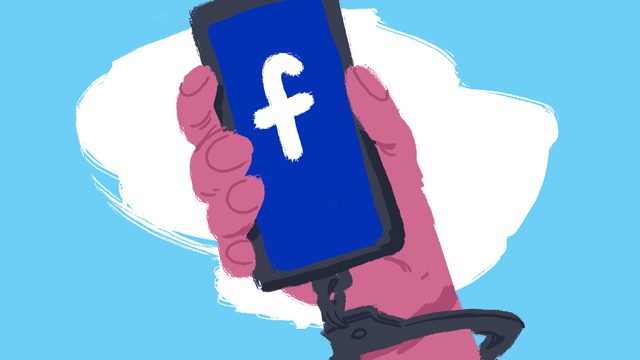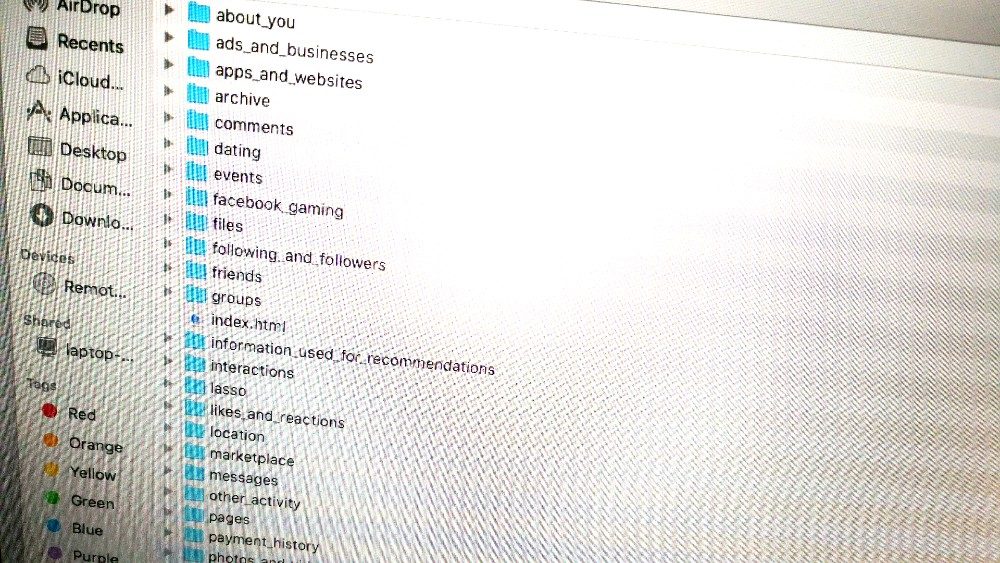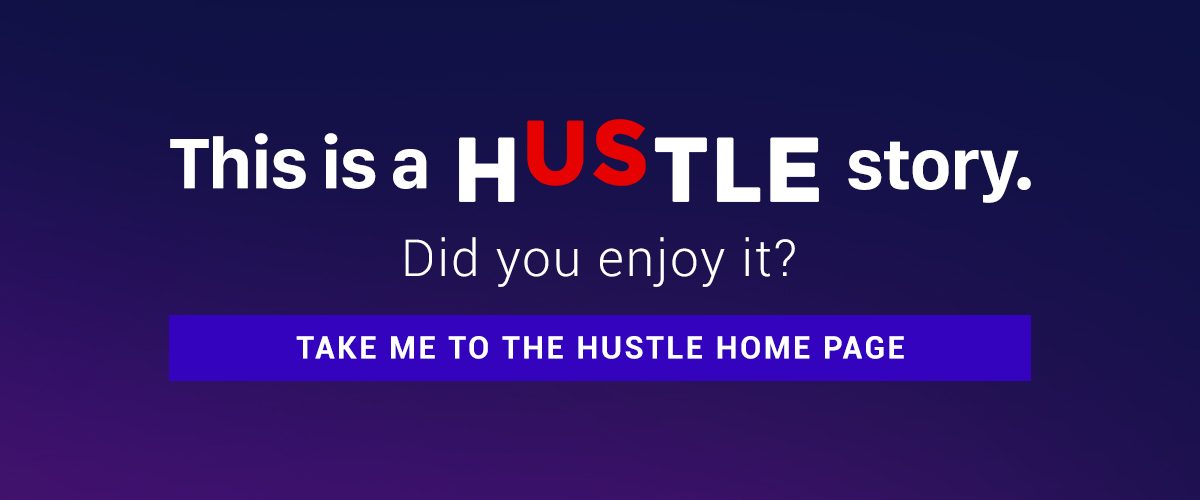SUMMARY
This is AI generated summarization, which may have errors. For context, always refer to the full article.

At the very least, it’s a real chore.
At the very least, it’ll take you half a day to perform all the tasks necessary for you to be able to leave Facebook along with the online stuff you’ve accumulated in it. The feeling is not entirely unlike packing up when you’re about to move to another house.
About 13 gigabytes. That’s the amount of data I’ve accumulated on the platform since I joined way back in 2007. The size came as a shock to me. We’re more than aware that we volunteer our data to Facebook only half-knowing what they do to it. (READ: How to transfer your photos from Facebook to Google Photos)
But seeing the 13 gigabytes, I’m appalled at just how much information I’ve laid out there in the open. Technically, it’s not out there in the open. It’s on Facebook, but given the platform’s recent past – and even with more privacy controls than before – I still feel uneasy.
Your data is organized in folders once you unzip the downloaded file from Facebook: 
Facebook, like the majority of digital platforms, doesn’t make it easy to leave because earning subscribers is hard work.
But Facebook may be the hardest to leave because it does so many things so well. It gives us birthday reminders. It facilitates online buying-and-selling. We can set up interest groups. It provides us more convenient log-ins to other apps. There’s a lot more than I can remember right now, but it truly allows us to live virtually.
That’s why breaking away from Facebook isn’t just about downloading your Facebook data, and leaving. You’ll need to list down all the functions it serves for you, and look for alternatives for these things.
A simple example: I used Facebook as my Spotify log-in. If I delete my Facebook account, my Spotify account goes with it…along with playlists I’ve curated for myself through the years. I need those.
In order to transfer those playlists, you need to make a request to Spotify to download your song list data – a request that may take as long as 30 days. That’s too long. You’ve forgotten about leaving Facebook by then. So, I’ve had to find other ways – mainly by creating a new account, and copy-pasting the songs from my old account. You can’t change your registered email on Spotify if you’re using a Facebook log-in. It’s just tedious. If you’re not determined enough, you’ll give up quick.
Or you can just do the Facebook version of a “cool-off”: a temporary deactivation.
It also takes Facebook a few hours to process your request for your downloadable data. I tried Facebook’s new Manage Activity tool that’s said to let you delete old posts in bulk, but the tool wasn’t available to me yet on either desktop or mobile.
Obviously, the debate for and against leaving Facebook isn’t cut and dry.
Why leave?
But here’s one argument for leaving: Facebook’s 2.6 billion monthly active users are its true lifeblood, and not the – although they are not an inessential piece of the puzzle –industry giants who’ve boycotted it. Without the 2.6 billion pairs of eyes on the platform, there are no advertisers.
It’s not that I wish for Facebook to not have advertisers, but 2.6 billion monthly active users on one platform, under one man with much of the decision-making power, is as close to a global monopoly as I’ve seen, and that is all too dangerous.
As consumers, we need to reexamine our relationship with the platform, and further understand the trade of values happening in this dominant ecosystem. For myself, a single user, and just for now, I want to have control – to the extent that is possible – of my Facebook information back.
Facebook’s wronged us several times, but we can’t leave it because there seems to be no other options matching its scale and the usability and depth of its features. We’re cornered, and that’s no good. – Rappler.com
Add a comment
How does this make you feel?


There are no comments yet. Add your comment to start the conversation.